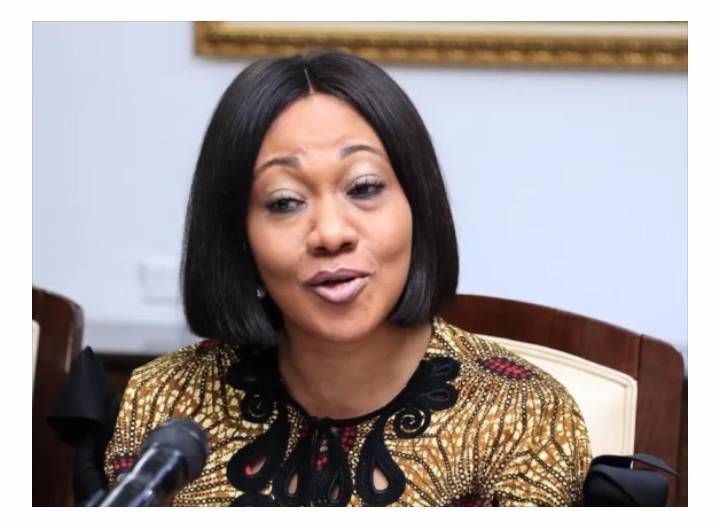Building Trust in Ghana’s Electoral Commission: Governance Expert Calls for Transparency and Engagement
Former UN Governance Advisor, Professor Baffour Agyeman-Duah, has raised concerns over the Electoral Commission’s (EC) image, emphasizing the critical role public perception plays in influencing trust. With just over a month until Ghana’s 2024 elections, he stresses that while the EC’s election process is well-structured, the challenge lies in how it addresses criticisms, particularly from opposition parties.
Reflecting on the groundwork laid by former EC Chair Dr. Kwadwo Afari-Gyan, Prof. Agyeman-Duah praised the inclusion of stakeholders in the electoral process. However, recent findings from the Afrobarometer Survey indicate a worrisome decline in public confidence in the EC, making it one of Ghana’s least trusted institutions. The survey highlights a significant drop in trust levels, with only 28% of respondents expressing confidence in the Commission—a stark decrease from 59% in 2012 and 33% in 2022. This erosion of trust points to growing public perceptions of corruption within the EC and concerns over its impartiality.
Prof. Agyeman-Duah attributes much of this skepticism to opposition parties’ doubts about the EC’s integrity and transparency. He observed that trust levels have fluctuated over the years, noting a pattern where the public's confidence in the EC tends to rebound after reforms but drops again if transparency isn’t consistently demonstrated. He highlighted that after reaching 54% trust in 2012, public confidence later declined to around 34%, where it remains today.
In his recent interview on *Joy News’ PM Express*, Prof. Agyeman-Duah emphasized that the EC must actively engage with its critics to rebuild public trust. He argued that transparent communication and a willingness to address criticism constructively could be crucial steps toward restoring faith in the institution. “If the EC can engage more actively, listen to criticism, and address it transparently, there’s potential for rebuilding confidence,†he suggested.
One of the ways he believes the EC could improve transparency is by making Inter-Party Advisory Committee (IPAC) meetings accessible to the media. This would allow the public and all stakeholders to observe the Commission’s decision-making process and foster greater accountability. Prof. Agyeman-Duah also called on the EC to take a proactive approach to handling criticism, urging it to view opposition concerns not as antagonism but as an opportunity to demonstrate impartiality.
As the EC prepares for the December elections, he pointed out that trust is essential to the Commission’s effectiveness. Increased transparency, active engagement, and responsiveness to public concerns, he believes, could help the EC restore its standing as a trusted body in Ghana’s democratic system.
Ultimately, the governance expert stressed that maintaining public trust in the EC is not only about implementing a rigorous election process but also about addressing the broader perceptions of integrity and impartiality. With the December elections approaching, his advice offers a path for the EC to bolster public confidence through transparency and inclusive communication.
Source: MyJoyOnline


